Will Apple and WeChat have to choose between the two?
![]() 09/06 2024
09/06 2024
![]() 509
509
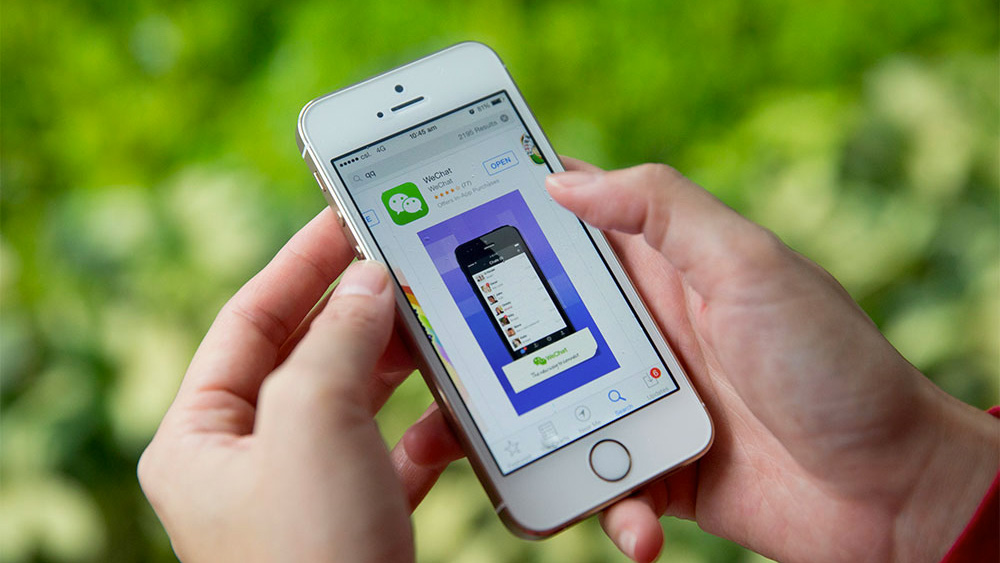
01
Apple Tax
Will iPhone users no longer be able to use WeChat in the future?
Recently, there have been rumors that WeChat may not support iPhone 16, and once iPhones are upgraded to iOS 18.2, users will be unable to use some functions of WeChat or download the latest version.
It is reported that Apple had previously warned Tencent that if it did not cancel the ability for developers and users to bypass the Apple ecosystem, future updates to WeChat would be denied. In August, Tencent management openly stated during an earnings call that there was some misunderstanding about the current situation, namely that Tencent was not currently commercializing mini-games on iOS through in-app purchases (bypassing payments). Discussions on this matter are ongoing. Currently, Apple's technical advisor has also stated that Apple is actively communicating with Tencent to confirm whether Tencent will continue to offer software downloads with revenue sharing on the App Store in the future.
The so-called 'Apple Tax' refers to the revenue sharing Apple collects from App developers through its iOS platform. Specifically, when users pay to download apps from the App Store on their iPhones or make in-app purchases of digital goods and services, Apple retains a portion of the transaction amount as a 'toll fee' before transferring the remaining funds to the respective App developers. This means that when consumers purchase game credits or virtual goods, Apple will take a cut; similarly, when consumers recharge or tip creators on platforms like Douyin and Kuaishou through Apple's payment channels, they are also subject to revenue sharing.
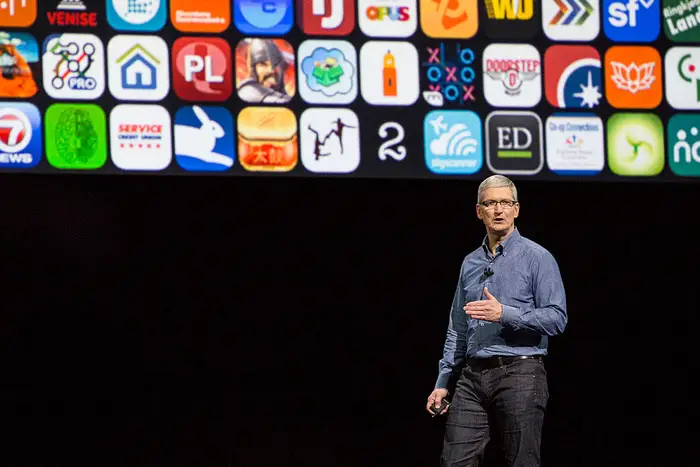
However, not all in-app purchases on iPhone apps are subject to revenue sharing, such as mobile phone top-ups or physical purchases made through e-commerce apps.
However, for every policy, there is a countermeasure, and many people have bypassed this barrier by paying through third-party channels.
For example, in WeChat mini-game apps, users who wish to recharge are often directed to the game development company's customer service center to make payments. Similar phenomena are also observed on Douyin for short film recharges and virtual course purchases, which has been a source of discontent for Apple.
Apple is not the only platform that collects revenue sharing from in-app purchases of virtual goods. Android platforms and some mobile phone manufacturers also have similar policies. For instance, Google has long planned to charge a 'toll fee' for software downloaded from its App Store, and some mobile phone manufacturers also collect revenue sharing through their own app stores, with commission rates exceeding 50%. Recently, Tencent even went head-to-head with domestic mobile phone manufacturers by voluntarily delisting some Android app stores, garnering significant attention.
According to public information, the standard revenue sharing rate for the 'Apple Tax' can reach up to 30%, but due to factors such as taxes and exchange rates in different countries, there are variations. For example, the rate is 17% in the European Union, 27% in the United States, and 26% in South Korea. However, the 30% rate applies to standard enterprises, while for small and medium-sized developers with annual revenues below US$1 million, the rate is 15%.
According to statistics from Sensor Tower, a third-party data analytics firm, the 'Apple Tax' generated approximately US$22.34 billion (equivalent to RMB 160.8 billion) globally in 2023, with over RMB 40 billion of that coming from China alone.
Furthermore, according to public information, Apple does not allow transactions or third-party payments outside of its apps in China, whereas this is allowed in some EU countries.
02
Is the battle escalating, with Android emerging as the biggest winner?
Currently, the battle between Apple and platforms like WeChat and Douyin continues to escalate.
Recently, Apple has been increasing pressure on Tencent and ByteDance to cooperate in blocking payment loopholes in apps like WeChat and preventing users from being directed to external payment systems, thus bypassing Apple's revenue sharing. The more money platforms earn, the more anxious Apple becomes.
Apple's pressure has been mounting, with news reports suggesting that in June this year, Apple notified ByteDance that if it did not block similar payment loopholes, Apple would not approve updates for the new version of Douyin.
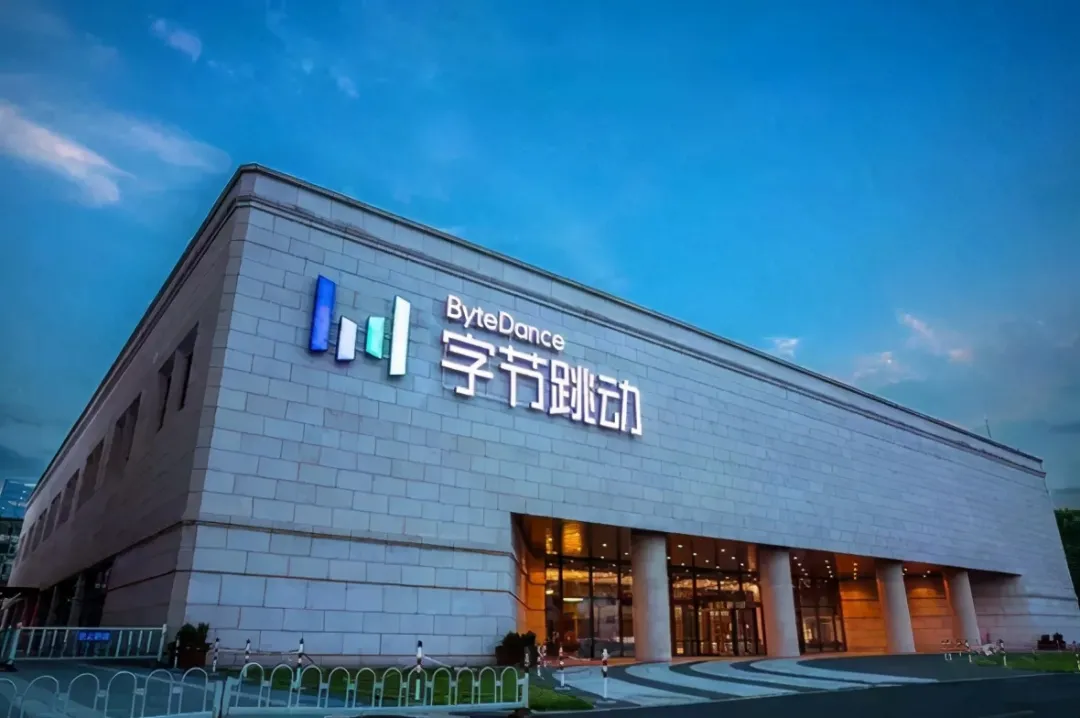
Regarding Apple's disputes with domestic giants, some netizens have commented, 'WeChat is irreplaceable, but Apple can be replaced.' Many others have stated, 'I only use Apple products.'
As the battle escalates, netizens' opinions are one aspect, but legal intervention may ultimately be necessary.
Precedents from Europe suggest that only official pressure can prompt changes from Apple.
In January this year, Apple implemented a series of historic reforms to its iOS, Safari, and App Store products in the EU in response to antitrust regulators. In August, it announced updates to its App Store rules for the EU, allowing EU app developers to direct users to other purchase channels, promote in-app offers, and even abandoned the maximum 30% commission charged to developers since the launch of the App Store in 2008.
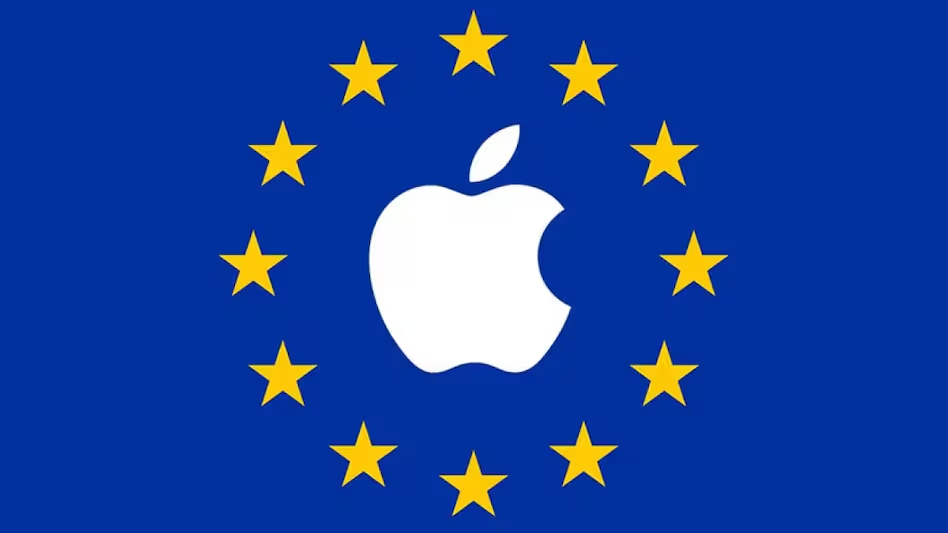
The notable effect is that developers now only need to pay Apple a 17% commission on app sales, and after one year, this rate will drop to 10% for most developers and subscribers.
Why has Apple suddenly softened its stance? The reason lies in local regulatory pressure. This move is a response to the European Commission's June announcement that Apple could face fines of up to 10% of its global annual revenue if it failed to make changes. Giants like Epic and Netflix have refused to pay the Apple Tax and have shut down their payment gateways.
Currently, there are no similar policies targeting Apple in China.
Back in 2017, Apple expanded the scope of the 'Apple Tax' to include tips given through WeChat official accounts, defining reader tips to content creators as 'in-app purchases.' However, this sparked uproar as Chinese users generally consider online tipping to be voluntary gifts rather than purchases, and WeChat subsequently removed the tipping function for iOS versions of its official accounts.
Since then, Apple has dropped its revenue sharing requirement for official account tipping, but as transaction volumes for WeChat mini-games and Douyin live streaming tips continue to grow, Apple naturally cannot ignore this business. Data shows that WeChat mini-games have over 1 billion users.
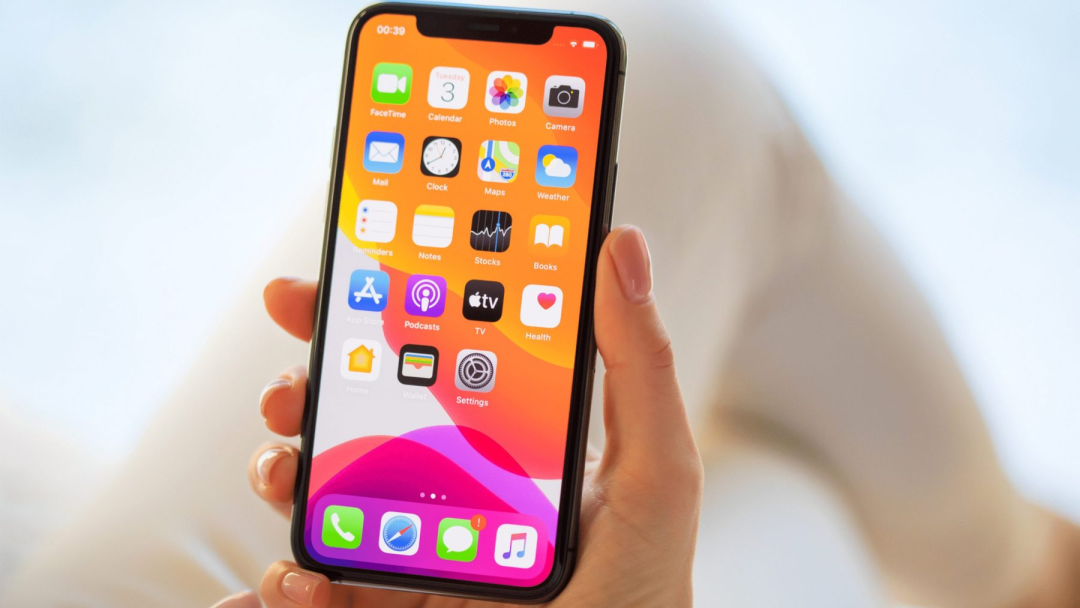
From a business logic perspective, Apple provides a closed platform where users who purchase iPhones must use the iOS ecosystem and download apps from the App Store. While Apple's revenue sharing is understandable, for national-level apps like WeChat and Douyin, Apple is not the only player, and the vast user base is not solely attributable to Apple. Therefore, these apps have bargaining power with Apple.
This is one of the reasons why, despite Apple's increased pressure in recent years, results have been less than ideal.
This may also be a selling point for non-iOS mobile phones.
03
Do the two giants really have to choose between each other? There's no need for anxiety
The battles between giants are essentially about user influence. The company with a larger user base and higher loyalty naturally has more leverage in negotiations.
Although there are endless debates and sides taken online, and even some Apple users are panicking, the reality is that the 'either-or' scenario is highly unlikely.
On the one hand, from a corporate perspective, choosing between the two would inevitably lead to a loss of some users. As two commercial giants with a huge user base, even a small loss of users would be significant and impactful on their revenue, which neither Apple nor WeChat would tolerate.
After all, if Apple were to remove WeChat, it would affect hundreds of millions of users. WeChat is not just a messaging tool but also a life and work assistant, an essential part of the mobile phones of hundreds of millions of Chinese people. From a purely commercial perspective, Apple would not likely abandon such a significant market share.
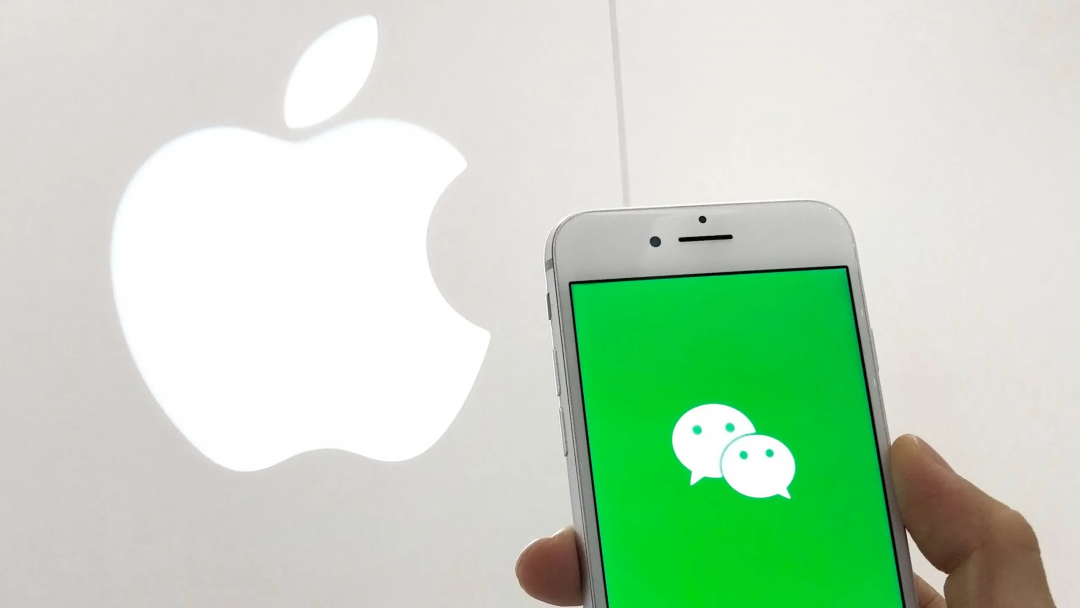
On the other hand, from a user perspective, the rumored 'either-or' scenario is clearly unreasonable and even infringes upon public rights, as users have the right to choose their apps and mobile phones, not platforms.
Furthermore, whether it's the Apple Tax or the Android Tax, ultimately, consumers bear the burden. From past cases, when Apple charges additional fees for in-app purchases of virtual goods through agreements with developers, developers often raise prices, and ultimately, consumers foot the bill. Making consumers willingly pay versus coercing them to pay through persuasion or pressure leads to vastly different outcomes. Besides addressing concerns from app developers, Apple must also find ways to appease its vast user base, which is a critical issue that needs to be resolved. Android app stores and mobile phone app stores also face similar challenges.
Regardless of the controversy surrounding this issue, Apple needs a more rational stance and a more localized response strategy. Both WeChat and Apple may need to compromise to reach a mutually acceptable outcome for both parties and users, such as reducing revenue sharing if third-party payments are not allowed. A future reconciliation is inevitable to expand the market share.
What are your thoughts? Welcome to share your rational opinions in the comments section!







